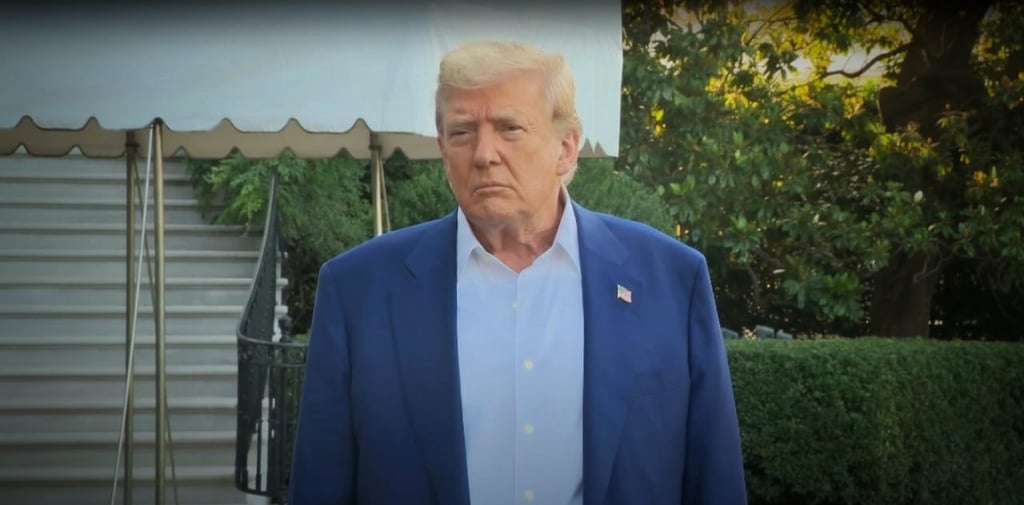Trump Says He’s Willing to Reduce Tariffs on Brazil – Latest US-Brazil Trade Update (25 October 2025)
President Donald Trump says he’s open to reducing tariffs on Brazil under the right circumstances, signaling a major shift in US-Brazil trade policy.
Raja Awais Ali
10/25/20252 min read


Trump Says He’s Willing to Reduce Tariffs on Brazil If Conditions Are Met
On 25 October 2025, U.S. President Donald Trump said he is open to reducing tariffs on Brazilian imports under the right circumstances. The remarks came while speaking to reporters aboard Air Force One en route to Malaysia for a regional trade summit.
Trump noted that the United States had earlier raised tariffs on most Brazilian products to 50% from about 10%, citing unfair trade practices and a lack of reciprocity. Now, however, he appears open to easing those measures if Brazil agrees to new trade terms favorable to U.S. interests.
Brazilian President Luiz Inácio Lula da Silva welcomed Trump’s comments and expressed hope that both countries could resolve their differences through dialogue. He said:
“It all depends on the conversation. I’m optimistic we can find a fair solution.”
This marks the first real sign of easing tensions between Washington and Brasília since the tariff hike in August 2025, which had strained both economic and diplomatic ties between the two nations.
If the U.S. moves to lower tariffs, the decision could significantly impact trade relations — boosting Brazilian exports, improving access to U.S. markets, and potentially revitalizing Brazil’s economy. It could also help rebuild bilateral trust and demonstrate Washington’s willingness to use diplomacy rather than economic pressure. However, if talks fail or the conditions are not met, tensions could resurface, risking renewed trade conflict.
Analysts view Trump’s remarks as a potential strategic shift in U.S. trade policy. Historically, he has used tariffs as leverage in negotiations, often linking them to national security. His softer stance toward Brazil may indicate a broader effort to rebuild trade alliances across Latin America. Experts caution, however, that the “right circumstances” remain undefined and may include measures ensuring fair trade balance, stronger protections for U.S. investors, and greater market access for American goods.
Trump’s declaration marks a potential turning point in U.S.–Brazil relations. If successful, it could ease global trade tensions and strengthen ties between the two largest economies in the Americas. But failure to reach a deal could trigger renewed economic strain — affecting not only the U.S. and Brazil but also the wider Latin American region.
For now, all eyes are on the next round of discussions — where diplomacy, not confrontation, will determine the future of this crucial trade relationship.
Stay informed with the latest national and international news.
© 2025. All rights reserved.